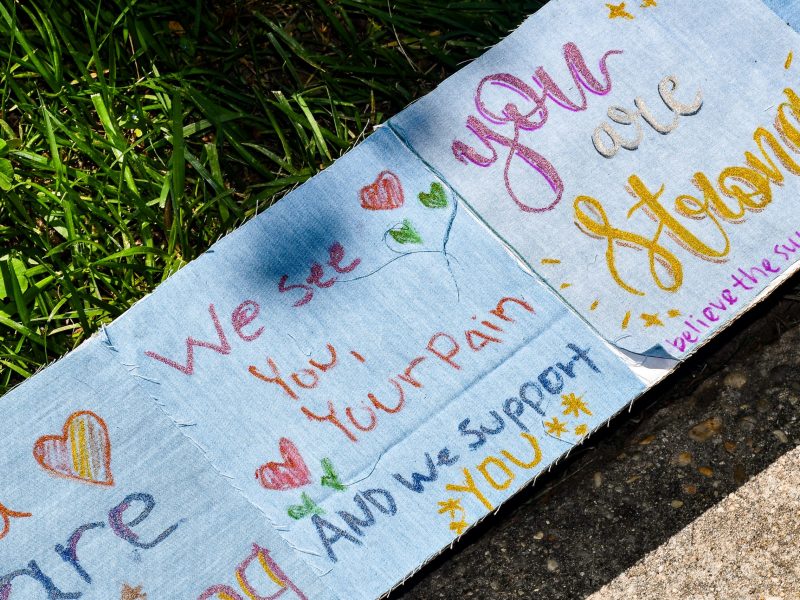When the “Running Man” dance first appeared in the video game Fortnite: Battle Royale, Jaylen Brantley’s and Jared Nickens’ phones began popping off.
The former Maryland men’s basketball guards had popularized the dance in 2016, going viral and appearing on The Ellen DeGeneres Show.
Now, Nickens and Brantley are taking Fortnite’s developer, Epic Games, to court over its use of the dance. They say Epic Games misappropriated their image, using Brantley and Nickens to make a copy of the dance for the game.
“They were swamped with people calling, saying, ‘Hey, that’s you. Exactly you,’” said Rick Jaklitsch, Nickens and Brantley’s lawyer. “Sure enough, one look, and [they] said, ‘Oh my God.’ And it didn’t take them long to figure out what video they took it off of, and it was the video from The Ellen DeGeneres Show that they used, and made an exact copy of it.”
Epic Games did not immediately respond to a request for comment on the lawsuit, or the allegation that Brantley or Nickens are the models for the in-game dance.
[Read more: Maryland football coach Mike Locksley helped students at Jordan McNair Chipotle fundraiser]
Fortnite: Battle Royale, a large-scale multiplayer game, pits 100 users against each other in a fight for survival. The game allows players to customize their avatar, selling dances and outfits.
Brantley and Nickens aren’t the first to sue Epic Games over Fortnite’s use of dances. Rapper 2 Milly said the game stole his “Milly Rock” dance, and Alfonso Ribeiro, who is famous for playing Carlton on The Fresh Prince of Bel-Air, claimed that the game copied a dance he performed on the show.
Ribeiro attempted to copyright his dance moves, but the U.S. Copyright Office denied the attempt, saying Carlton’s dance was a simple routine rather than an act of choreography, which can be copy protected.
While Brantley and Nickens helped popularize the “Running Man,” they didn’t create it. When they appeared on The Ellen DeGeneres Show, the former guards met Jeremiah Hall and Kevin Vincent, who are credited as the original creators.
[Read more: UMD mistakenly charged students to request men’s basketball tickets]
But Jaklitsch told The Diamondback that “copyright really doesn’t have anything to do with it.”
“This case is about stealing the exact image of a person doing a dance off of a video,” Jaklitsch said. “Using their image to create an exact duplicate avatar, and then making just an ocean-full of money off of their creativity.”
Fortnite: Battle Royale has made more than $2 billion since debuting in 2017. For Jaklitsch, those earnings are tainted by the fact that Brantley and Nickens haven’t received any of them.
“It’s made [that money] by stealing the images of people that have created and popularized these dances,” Jaklitsch said. “You can’t just steal somebody else’s work, and you can’t steal other peoples’ images and make a profit off of them.”
Based on other cases against Epic Games, Jaklitsch expects the company to “fight this to the death.” But he relishes the chance to take Brantley and Nickens’ case in front of a jury.
“A jury is going to realize that you just can’t make money off of stealing the image of other people,” Jaklitsch said. “That’s wrong. It’s not the American way.”



